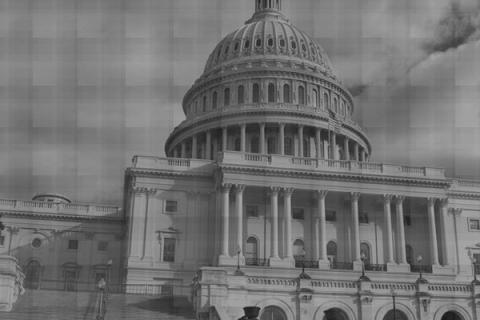It took a lot of wheeling and dealing to get to this moment, but history was made this month when Americans were honored with a "one time look" into the books of the Federal Reserve. You probably didn't hear about it with the Wikileaks cables taking precedent in news cycles. What was gleaned from this pseudo-audit was nothing short of frightening. Some commentators call the findings criminal, but the magnitude of the situation requires some other descripton, one that probably doesn't exist.
Californians, pay attention. I'm going to show you where your tax money goes. As the largest donor state to the national treasury, it would behoove you to know where the federal government spends the money it collects from you. Earlier this month, the Federal Reserve released details of its lending programs which started during the credit crisis of 2008. It is now known that the central bank of the United States implemented a secret, taxpayer-funded bailout of favored foreign central banks to the tune of $12.3 trillion, with a 'T'. These friends of the Fed now hold inordinate leverage against their respective regional economies, all thanks to you! Not only was Congress not consulted in this matter, they were completely oblivious to it.
Secrecy has been the name of the game since the inception of the Federal Reserve System in 1910. It was then that a small clique of private bankers met covertly on Jekyll Island off the coast of Georgia. These men would write the legislation which gave them central bank status and the sole authority to issue the currency of the United States. Their efforts coalesced in 1913 to sell the public on the Federal Reserve Act. The "creature from Jekyll Island," to borrow a phrase coined by outspoken Fed critic G. Edward Griffin, was instituted to regulate the banking system, manage monetary policy, and maintain stability of the financial system by preventing bank runs. They were given all of these god-like powers with extremely limited government oversight.
"The importance of the Federal Reserve and its public-private nature have provoked many a conspiracy theory, which is not helped by its Inspector General Elizabeth Coleman’s admission in May 2009, that the FDS could not account for $9 TRILLION in 'off-balance sheet transactions,'” writes one blogger.
Continuing, "Coleman’s admission provoked outrage among the American people, who demanded Congress to audit the Federal Reserve. The Fed, in turn, resisted every effort. Its chairman, Ben Bernanke, at one time even used fear tactics, darkly warning that an audit by the General Accounting Office 'would be highly destructive to the stability of the financial system, the dollar and our national economic situation.'"
Is Bernanke correct? Would an audit of the Federal Reserve System destabilize our financial system because of some inherent flaw with openness and transparency, or will the truth incite public demand for the destabilization of the Fed?
This is the “leak” which should have been plastered across cable tv news tickers and headlined throughout the nation. How did Wall Street's Pentagon Papers, as David DeGraw refers to them, go relatively unnoticed and uncriticized?

